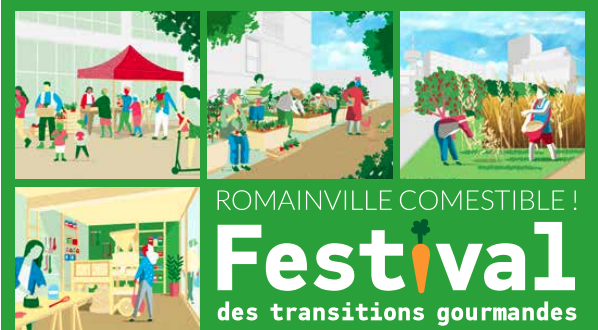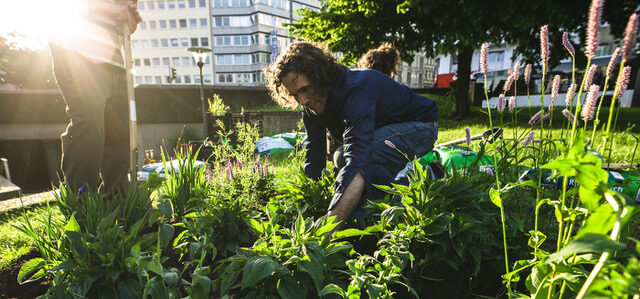The City of Ljubljana presents a Catalogue of locally produced food providers, short sales chains, market spaces and local events in the municipality of Ljubljana.
During the COVID-19 epidemic, the importance of local self-sufficiency and the availability of quality locally grown food was particularly evident. Interest in buying food directly from growers and in local (pop-up) markets has grown significantly, so a comprehensive overview of the offer of local growers has become an essential tool for the end consumer.
The city decided to publish a booklet this spring - a guide with the offer of local growers. It is enriched with other useful information, for example you can find a calendar for seasonal consumption that tells you when each type of vegetable is available, a calendar of frequent events and places where you get to know the local offer and some simple local recipes.
In addition, Ljubljana also boasts its own ‘gastronomic delights special features’. Among them – honey. In the area of the City of Ljubljana, bees can produce forest, flower or chestnut honey. These three pastures are most represented, as 46% the entire area of Ljubljana is covered by forest, of which as much as 11% of the whole composition represents chestnut. Based on these natural endowments the city has designed an informal commodity brand, the Ljubljana honey, the provisions of which are: the honey must be grown in the Ljubljana municipal area, it can be floral, chestnut or forest and must have an SMGO designation (Slovenian honey with a geographical indication). Ljubljana’s urban honey is currently also used as a protocol gift by the city authorities.
In this new guide or booklet, the FoodE project partner from Slovenia, the Urban Beekeepers’ Association is featured as well with two of its beekeeping members offering bee produce in Ljubljana’s urban region.





